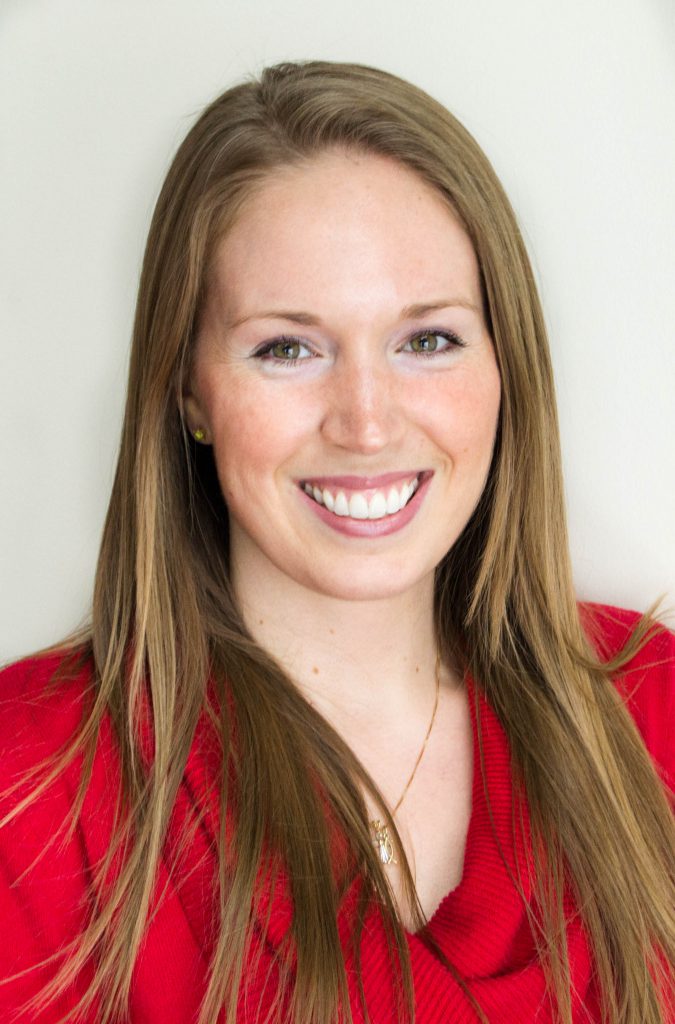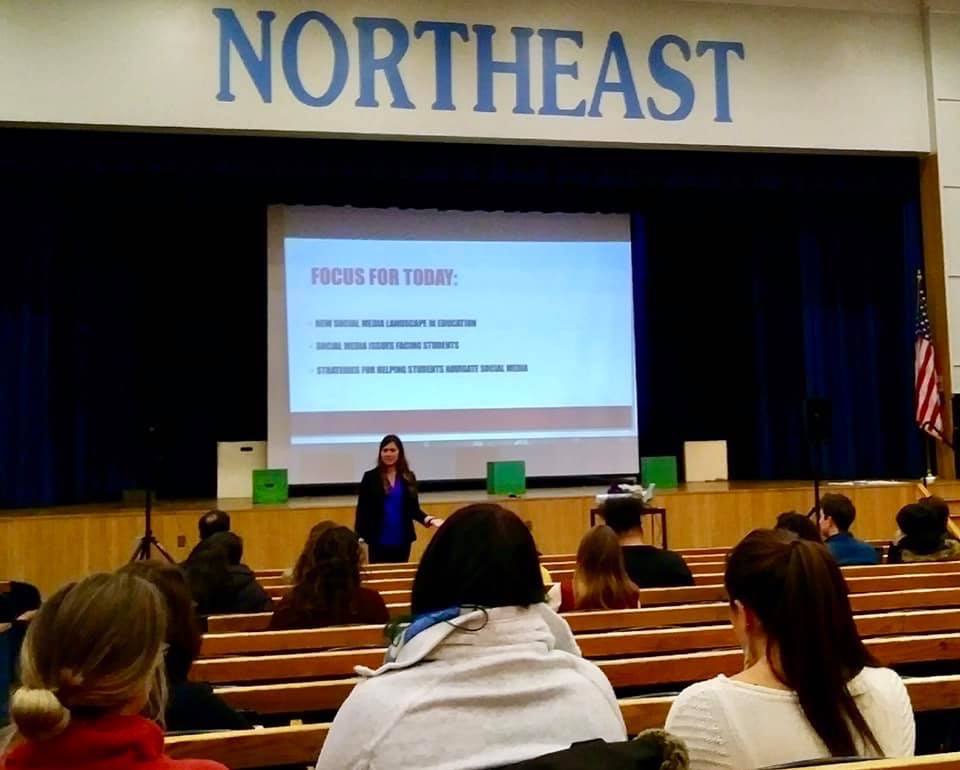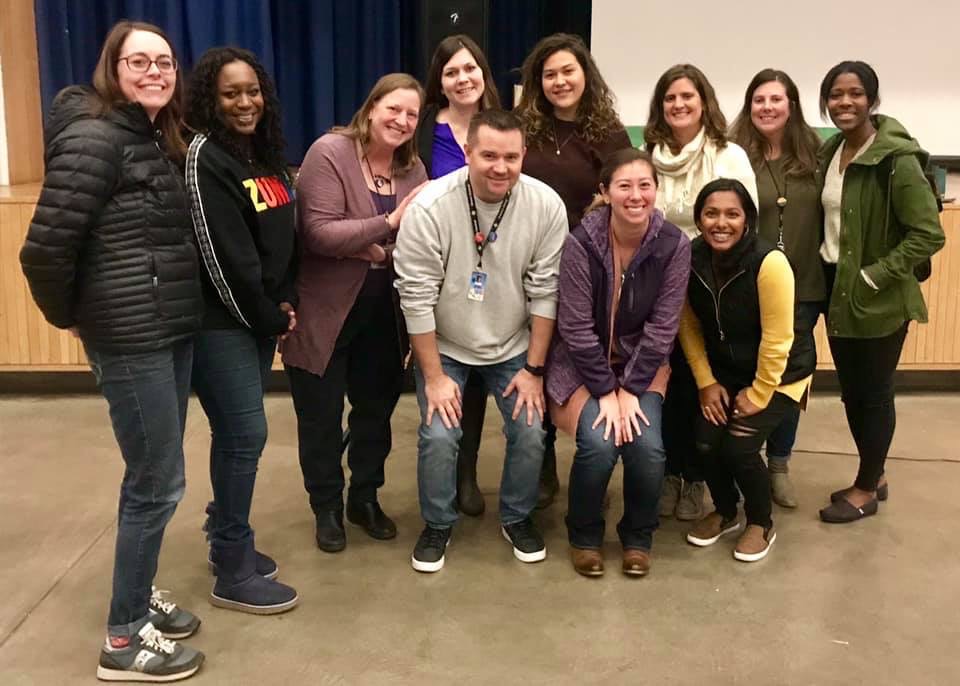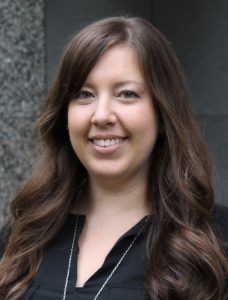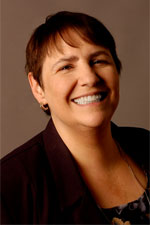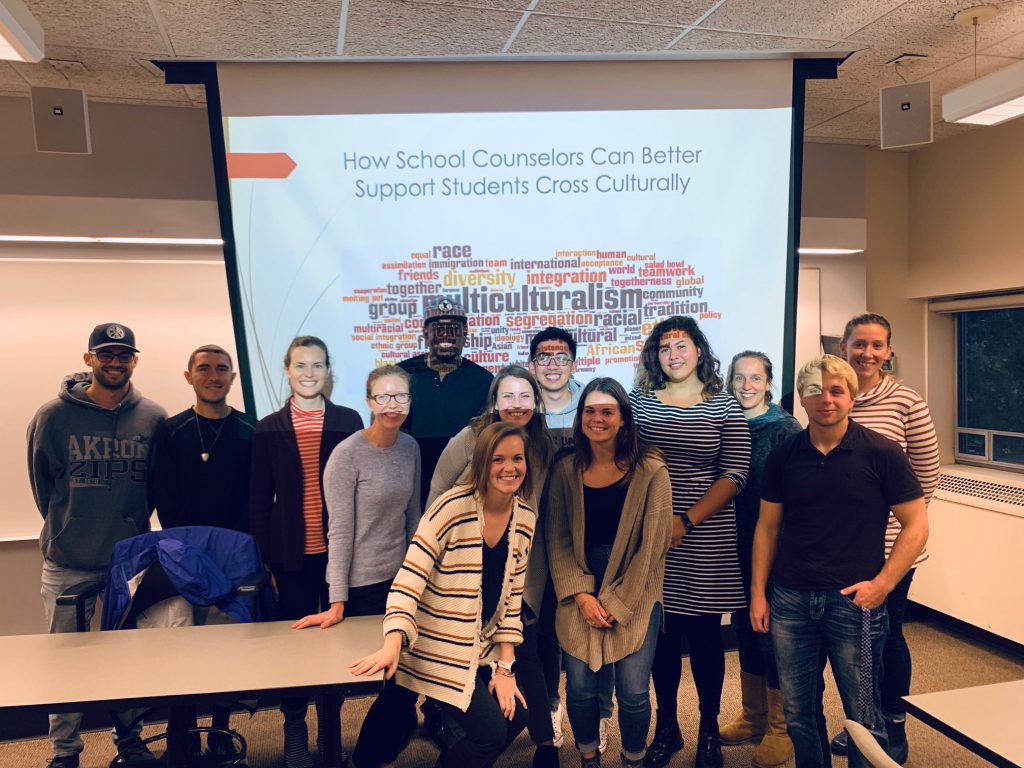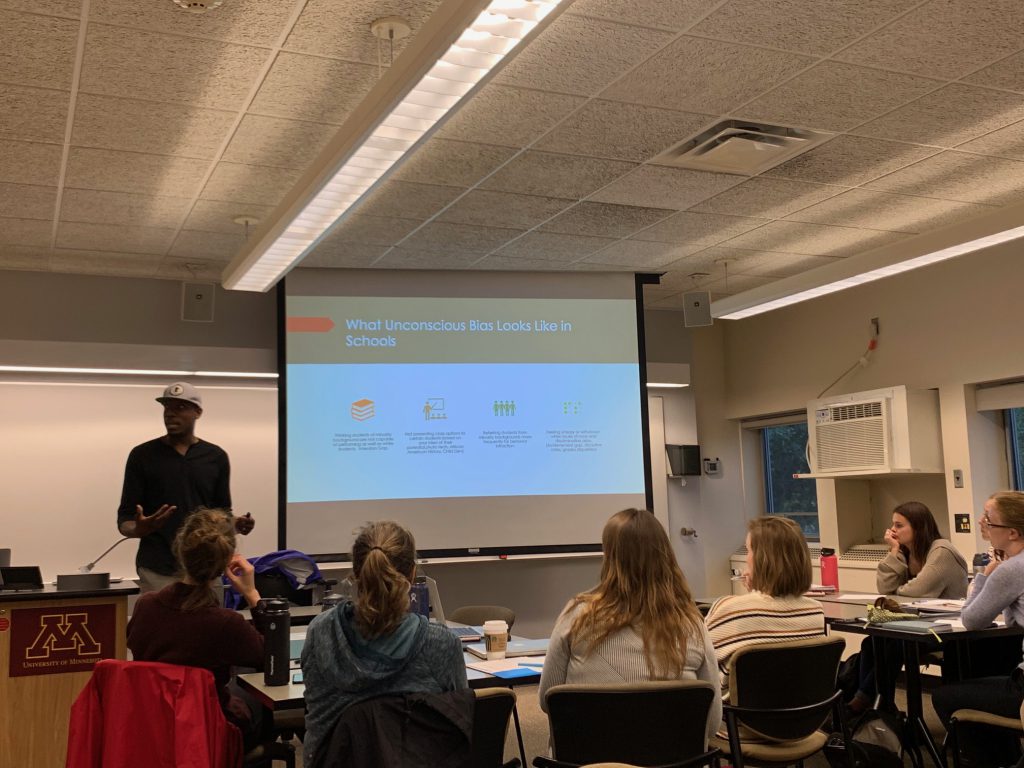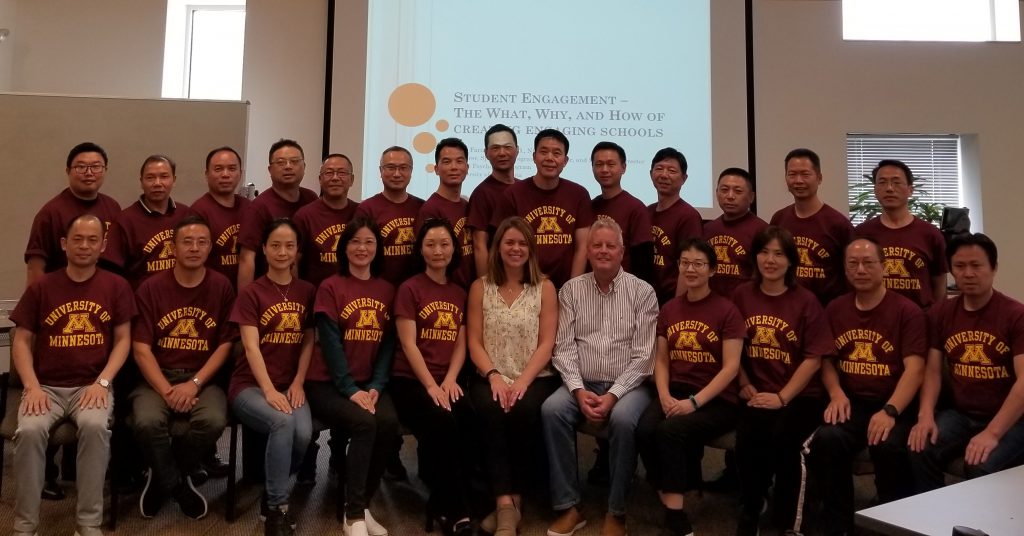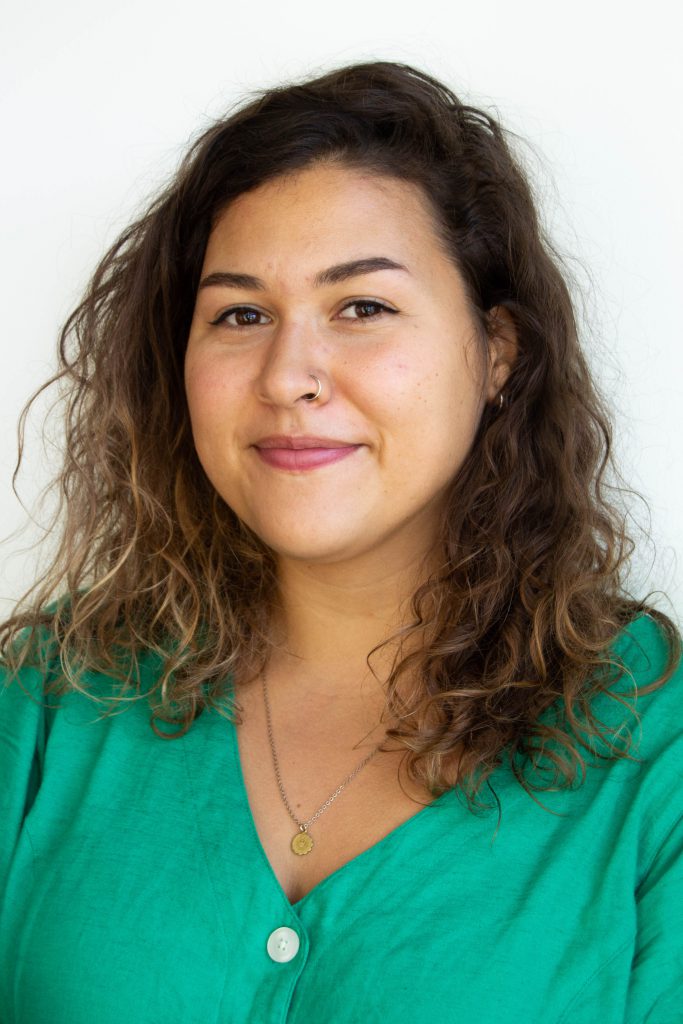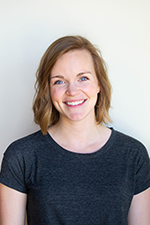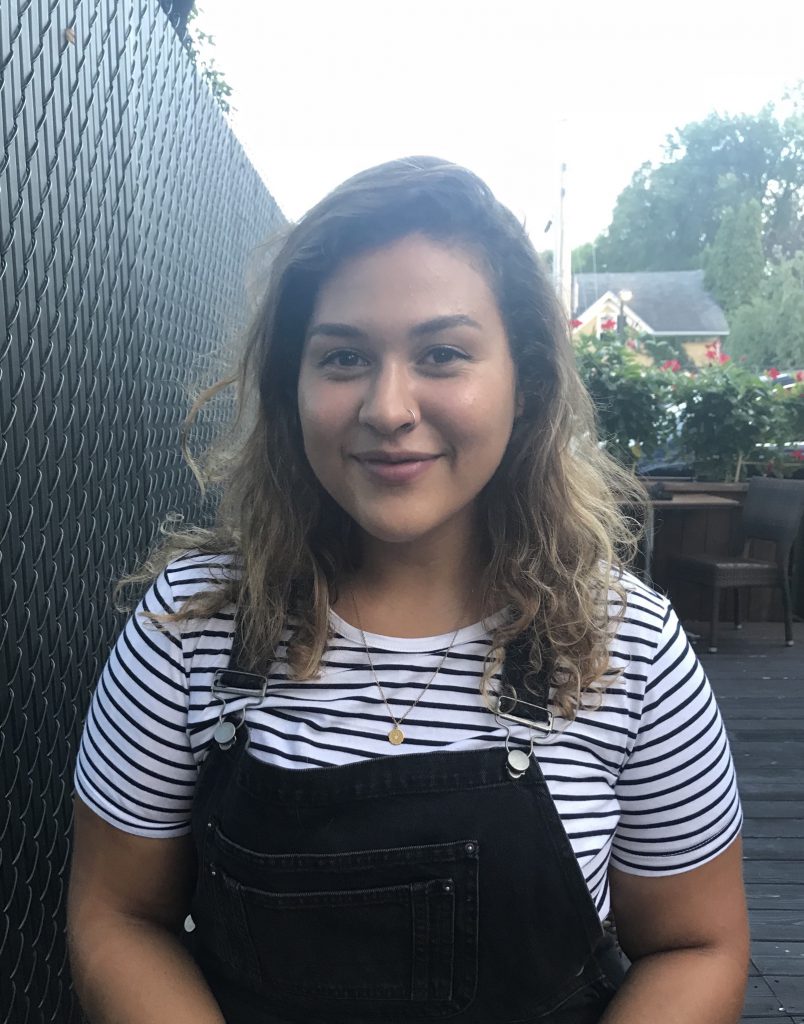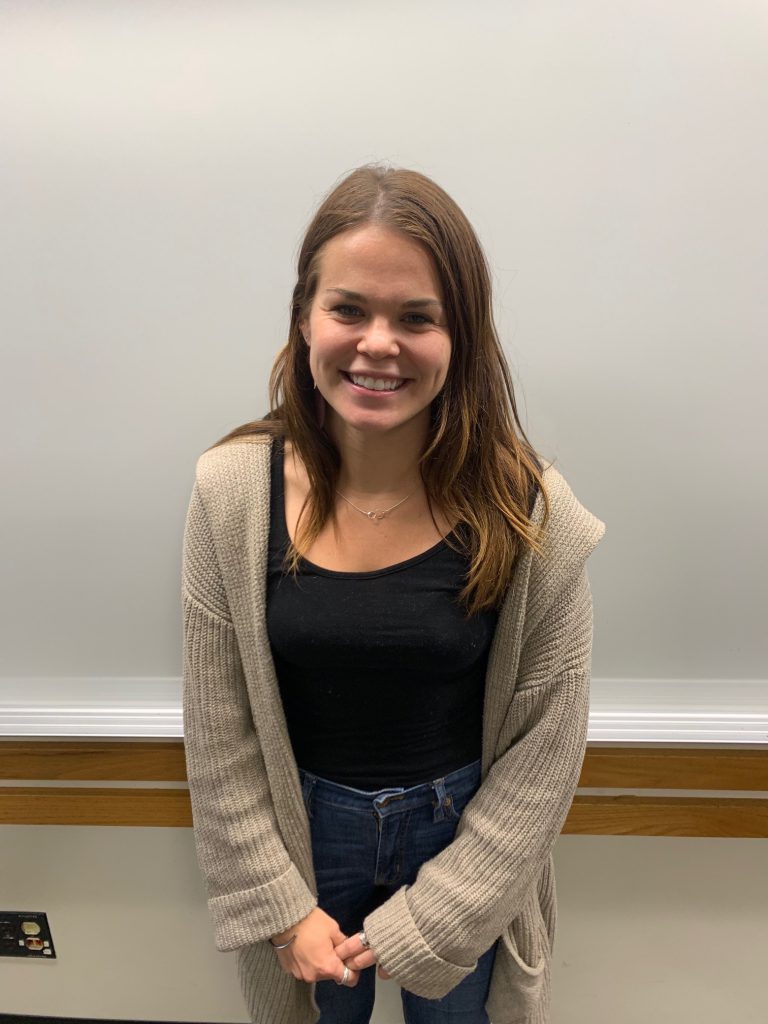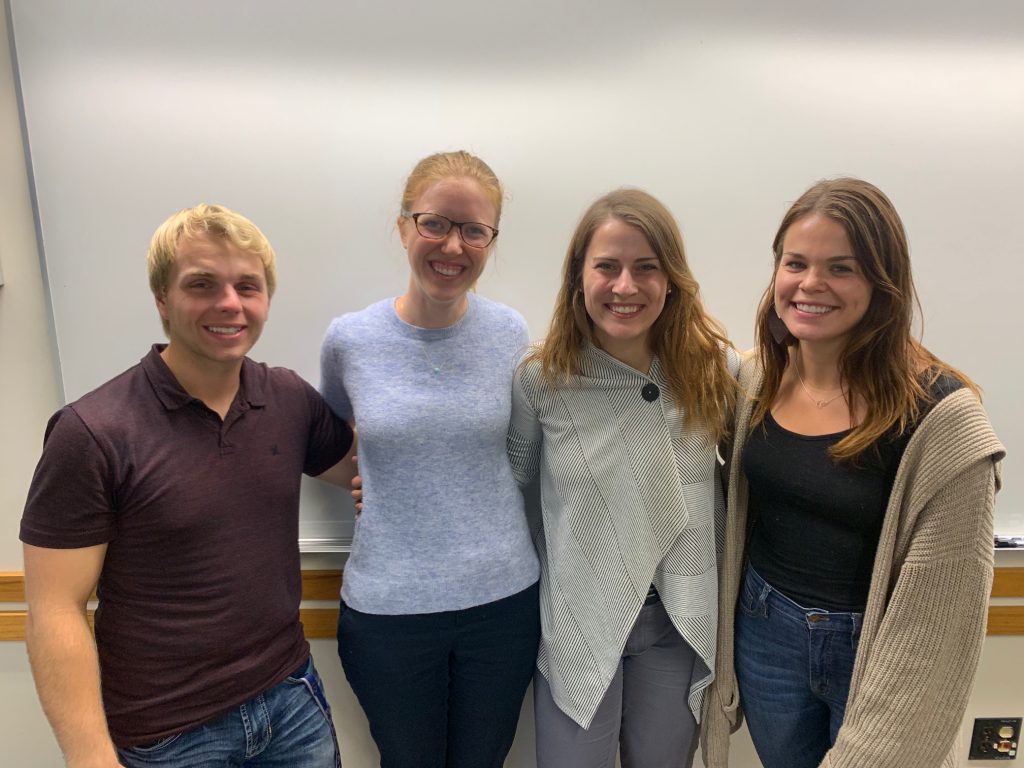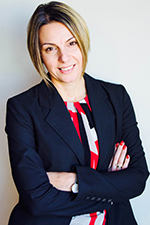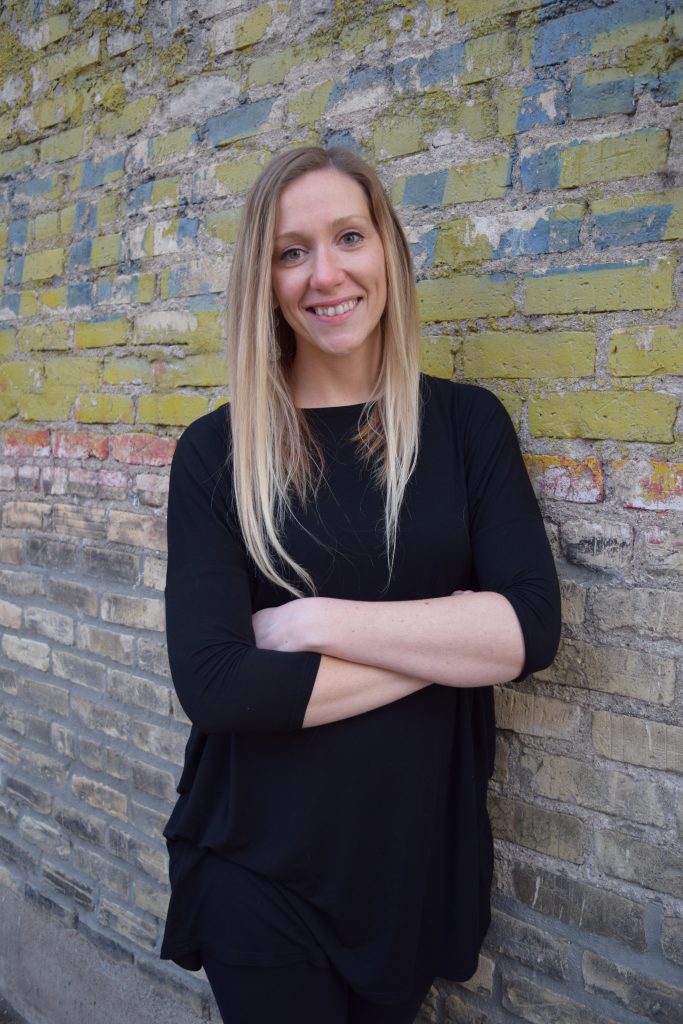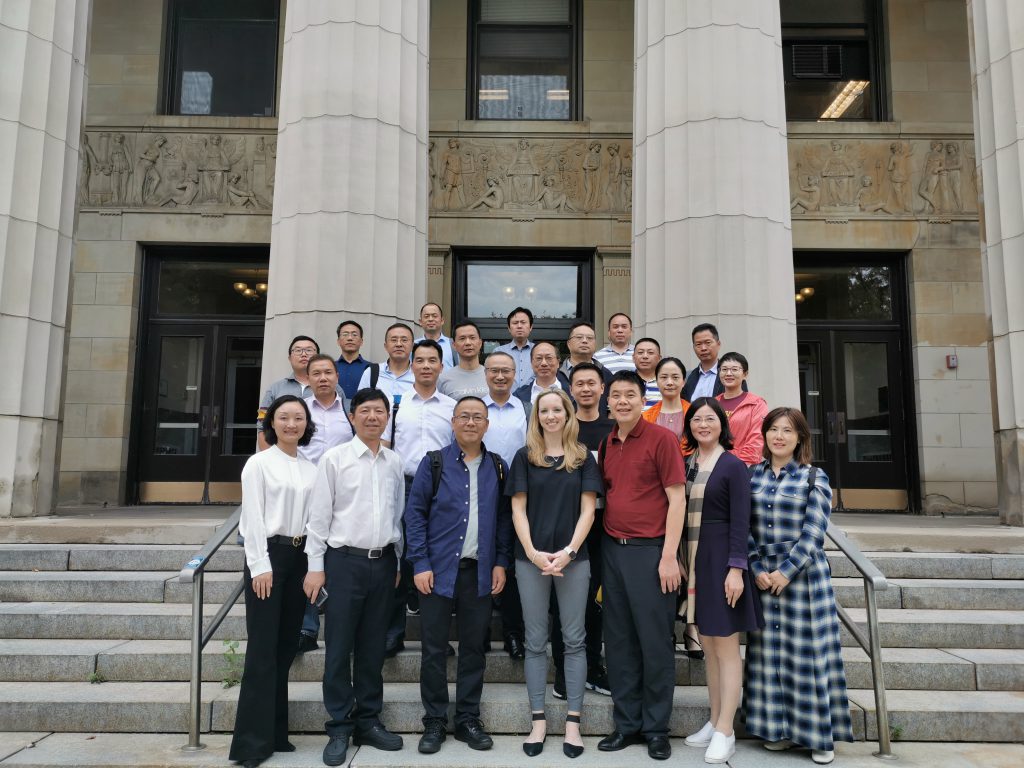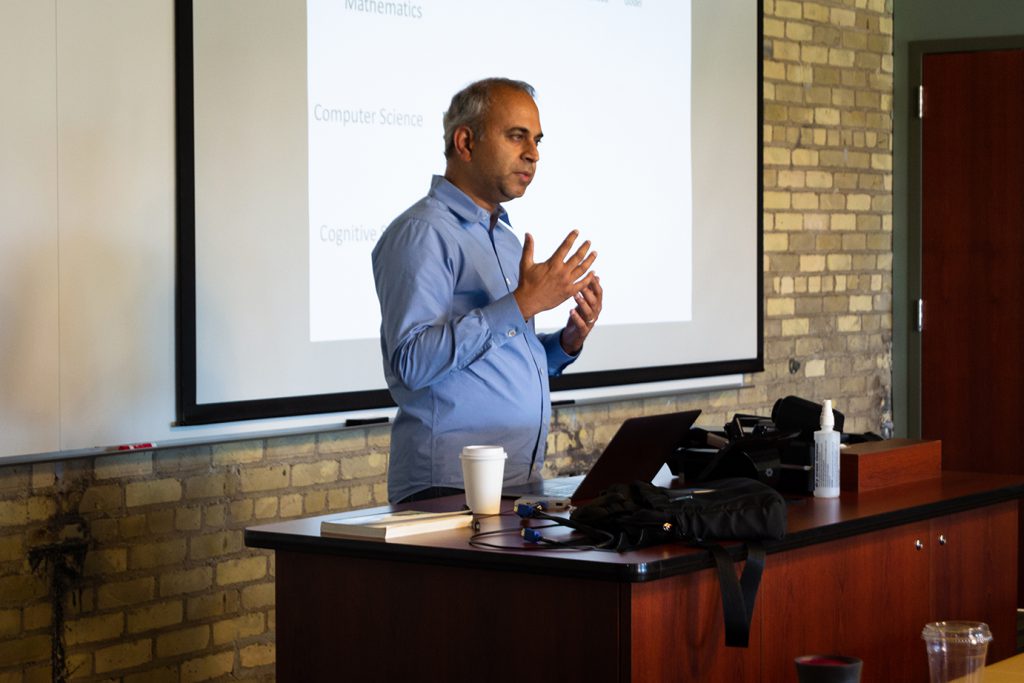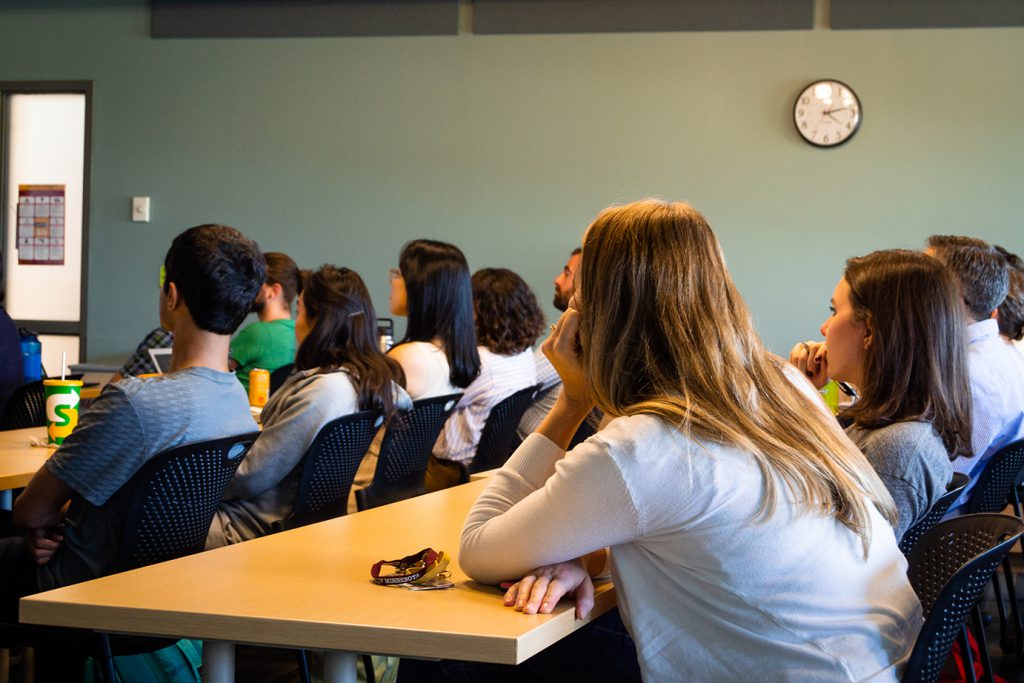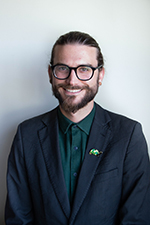We had the opportunity to talk with Maya Benford, a student in the counseling and student personnel psychology program about her experiences, challenges, and passions.
How did your path lead to the Department of Educational Psychology and your particular major?
I graduated from UW-Madison with degrees in African-American studies and Sociology with the vague idea that I wanted to work in education, so I decided to participate in an AmeriCorps program in Minneapolis. It was through AmeriCorps that I learned that I absolutely did not want to be a teacher but enjoyed working in a school, specifically with middle school-aged students. I found myself thoroughly enjoying the small group and individual interactions, where I was able to build strong and positive relationships with students. I was also able to see how much the students benefitted from having an adult they could consistently rely on for support. I decided that I wanted to pursue school counseling, which led me to the Department of Education Psychology and the CSPP program.
What is something you’ve most enjoyed about your experience?
I have greatly enjoyed the opportunity to engage and interact with students and community members in the Minneapolis area. I have learned so much from my experiences in AmeriCorps and grad school that have monumentally informed my interests and the work that I want to do.
What is most exciting about your work?
Students are definitely the most exciting part of my work. Every day I am astounded by their intelligence, creativity, and desire to make the world better for others. Also, when working with adolescents each day is an adventure which can be very exciting.
How would you describe the student experience and what does that mean to you?
I would describe the student experience as an opportunity to
explore your own interests and gain the skills necessary to be a professional
in the field. This is important because I do not feel restricted within the
content and still feel that I am gaining valuable skills.
What has been most challenging? (What challenges are you faced with? In your job, the field, etc.)
It has certainly been challenging as a person
of color going into a field that is predominantly white, but I have been
fortunate enough to find networks of support in the community.
How have your professors helped you along the way?
My professors in CSPP have amazing
connections and are constantly providing opportunities for networking and
professional development. If there is an interest you want to explore or want
to become more involved in the profession they always have ideas. Also, being
licensed counselors themselves, they are great advocates for self-care and
demonstrating help-seeking behaviors.
What would you like prospective students to know?
I would want prospective students to know that CSPP allows them to tailor their practicum experience to fit their interests and needs. This is marvelous because I am able to learn from school counselors in an assortment of districts and work with students from a variety of backgrounds.
How has your cohort helped you along the way?
My cohort is always ready to help and talk
through any issues that may be going on in school or life in general. They have
also helped me comprehend new perspectives and gain insight on the numerous
subjects we have studied in class.
How do you plan to use what you are learning/your degree?
I am planning on using what I learned in CSPP to be a highly
competent middle school counselor and a mental health advocate.
